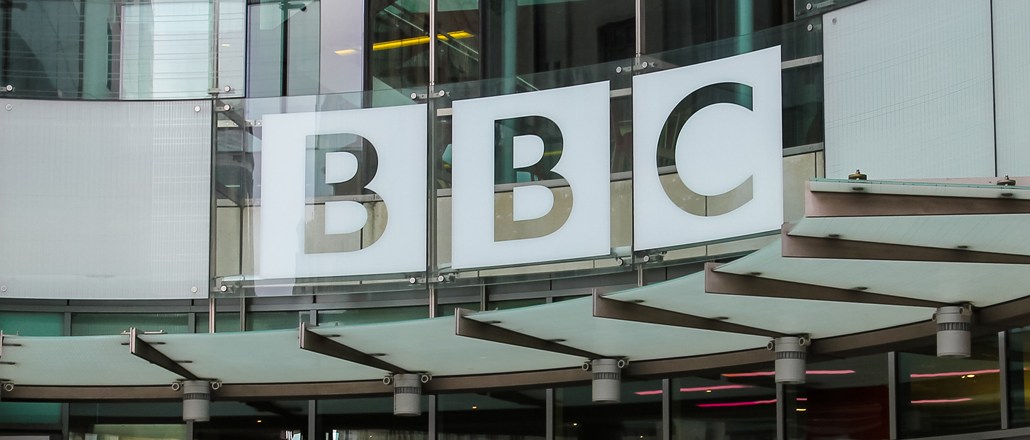Last chance to save on Digiday Publishing Summit passes is February 9

The BBC is a revered institution in Britain, but its future remains in question.
The latest front for discussion is a new parliamentary report that recommends reforms to the BBC’s local news provision. It suggests “exchanges of content and information, where the BBC local websites link to the source of local material they have used, and in return the BBC allows others to use its content and embed BBC clips on their sites.” It also saw the case for the BBC outsourcing the supply of some local content on a commercial basis.
Regional newspaper publisher Johnston Press told the Guardian it was “delighted” by the report’s recommendations. After all, commercial publishers have argued to reform the BBC for years. They argue the subsidized production of so much ad-free content makes their lives much harder. In recent times though, they’ve changed their tune a little: Instead of outright challenging its existence, they’d started arguing for the BBC to share some of its content instead.
The Guardian Media Group has argued for the BBC to share video content. Johnston Press argued for the same. In addition, it has suggested the BBC introduce quotas on Web traffic sharing with publishers and properly attribute and link back to material the BBC lifts from regional sites. But there is some evidence that the BBC was already responding to this criticism, at least when it comes to digital news provision.
The BBC tabled the idea funding court reporting by local papers in November and has collaborated on one-off projects in the past. But it’s also trying to open itself up for collaboration with technology companies against the backdrop of public criticism for a high-profile botched IT project.
“The BBC is sometimes seen as not being a very easy organization to do business with. I think [it’s] one of the areas where we’re trying to work a bit harder at, and certainly where it benefits audiences [for] digital content,” said Chris Hamilton, social media editor at BBC News, pointing to experiments with video startup Touchcast and long-form content startup Shorthand.
The select committee’s report agreed it that it needed to rent more tech rather than default to building its own. It said the BBC should have a strong requirement “to look first to the market for technology solutions and to ensure any development it undertakes is done in partnership with others” in future.
The BBC’s director general Tony Hall gave a timely speech to coincide with this major report that questioned its future. He laid out a plan to offer more personalized Web services for users and said that a diminished BBC risked damaging the UK’s creative industries. Newspaper columnists analyzed the speech along ideological lines, but one independent study on the impact of a diminished BBC appears to agreed with Hall’s assertion.
Robert Picard, professor at the Reuters Institute for the Study of Journalism, co-authored a report on the crowding out effect that the BBC has on the TV industry. The report concluded the TV industry would be collectively worse off without it. Picard said desire newspapers’ desire for collaboration is a reasonable one, but the same crowding out argument they put forward is less straightforward:
“I do have some sympathy for the call for more collaboration. But if you look at Germany, where public service broadcasting is limited to analogue channels, private news providers are not making extra money from the gap that’s been left open for them. That’s down to the simple fact the digital world reduces the amount of money publishers can make. You can only really crowd someone out if there is money to be made there in the first place.”
More in Media

Brands invest in creators for reach as celebs fill the Big Game spots
The Super Bowl is no longer just about day-of posts or prime-time commercials, but the expanding creator ecosystem surrounding it.

WTF is the IAB’s AI Accountability for Publishers Act (and what happens next)?
The IAB introduced a draft bill to make AI companies pay for scraping publishers’ content. Here’s how it’ll differ from copyright law, and what comes next.

Media Briefing: A solid Q4 gives publishers breathing room as they build revenue beyond search
Q4 gave publishers a win — but as ad dollars return, AI-driven discovery shifts mean growth in 2026 will hinge on relevance, not reach.





